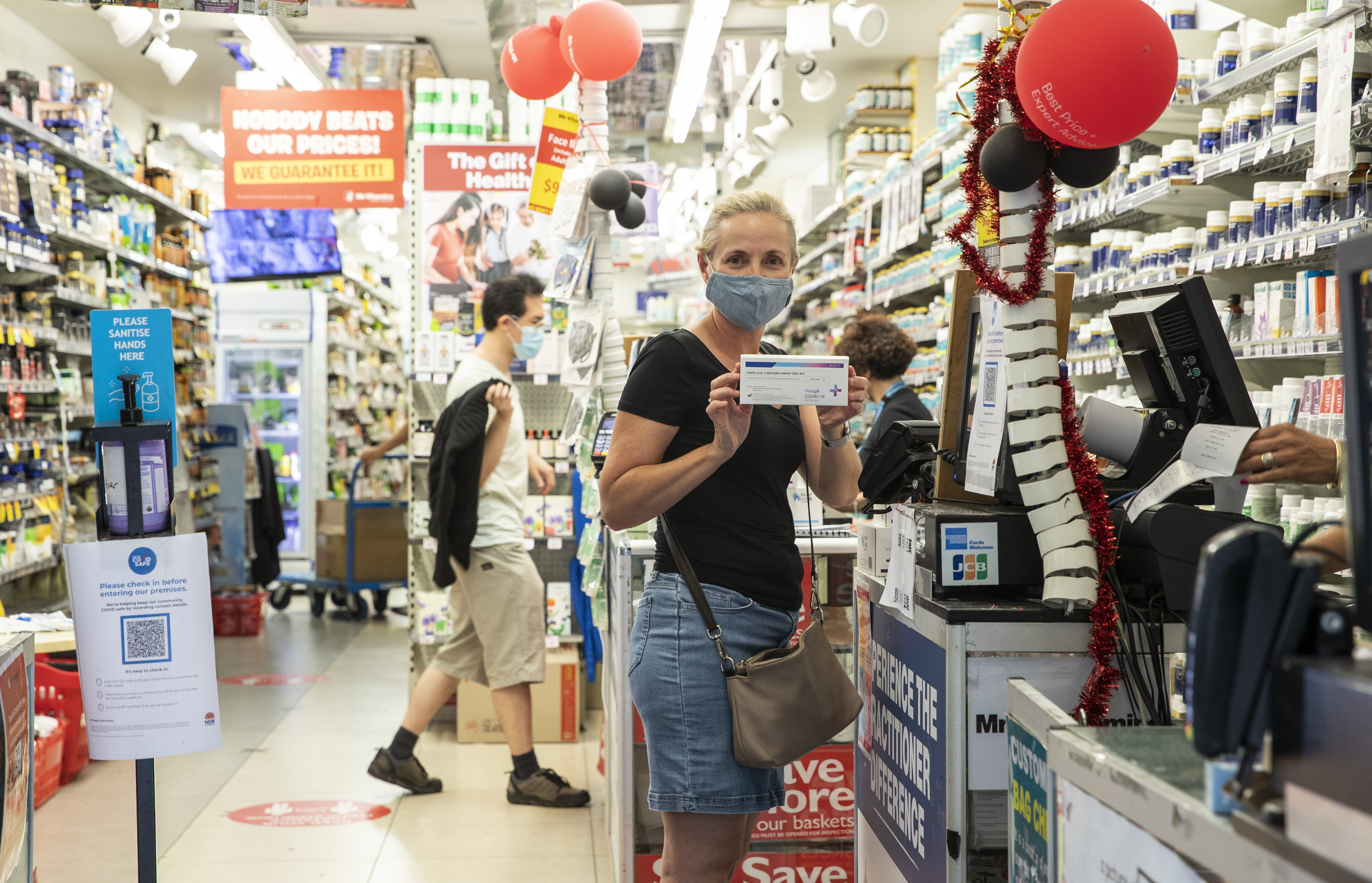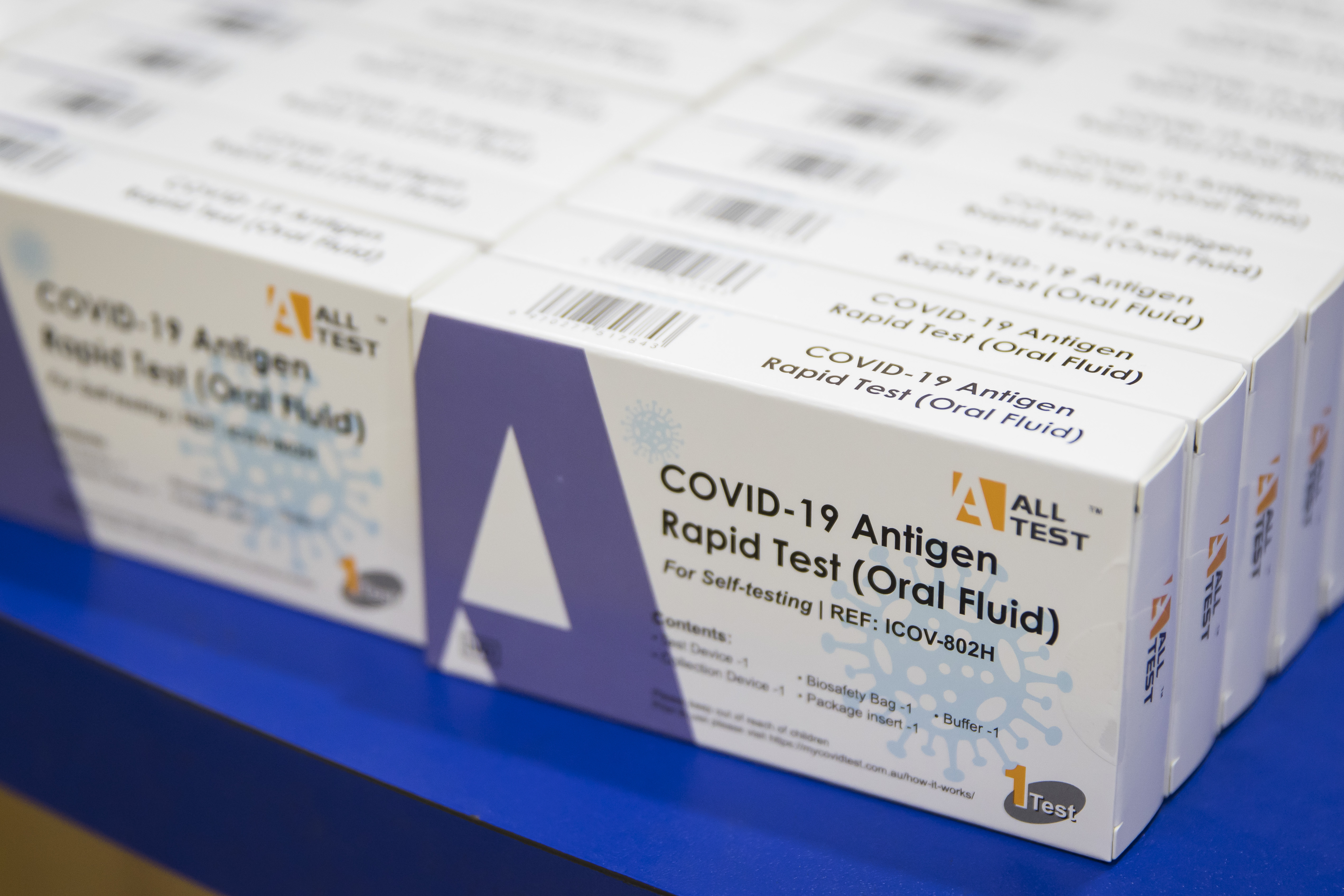Research by an Australian university has revealed that the economic benefits of making rapid antigen tests free could outweigh the cost.
The federal government has resisted calls to make all RATs free as the country pivots away from mass PCR testing, though it will provide some free tests to the most vulnerable, including the elderly and concession card holders.
Prime Minister Scott Morrison has said that to make all tests free would exacerbate supply chain pressures.
LIVE UPDATES: The state where COVID-19 infections just keep climbing

But now, new analysis from Flinders University reveals the benefits of such a decision would be "highly likely" to outweigh the cost savings of charging for the tests, researchers said.
"We've developed a model that estimates how cost-effective a policy of government-funded rapid antigen tests for all Australians would be," Professor Jon Karnon, Professor Billie Bonevski and Associate Professor Hossein Afzali said in a release.
"We found a policy of government-funded rapid antigen tests for all is highly likely to be cost-effective."
READ MORE: 'Shortages of 20 per cent': Supermarkets battling impact of Omicron

The researchers' modelling showed that universal free RATs would mean that more people with COVID-19 would isolate early, reducing the spread.
"Providing free rapid tests for 10,000 people would cost the government $100,000, but spending less on PCR tests (which are about $150 each) reduces the additional costs to the government to around $52,000," they said.
"But the net effect is preventing an additional 464 people (in the test group) from infecting more people, thereby reducing costs to the economy of further infections.
READ MORE: Serbia slams 'political witch hunt' as Djokovic saga escalates
"The costs of these people isolating only after developing symptoms would likely be far higher than the extra $52,000 spent on tests."
The researchers said that if there was less COVID-19 circulating in the community, a policy of free RATs would be less effective.
"But even with low prevalence, it's still highly likely to be cost-effective," they said.
READ MORE: Talented Sydney sportsman, just 23, dies after catching coronavirus
"Constraining the spread of COVID is important for many reasons, including avoiding short- and long-term health effects, reducing burden on the health system, and increasing availability of essential workers.
"Easy and equitable access to testing is a cornerstone of the public health response to COVID. It also makes economic sense."
